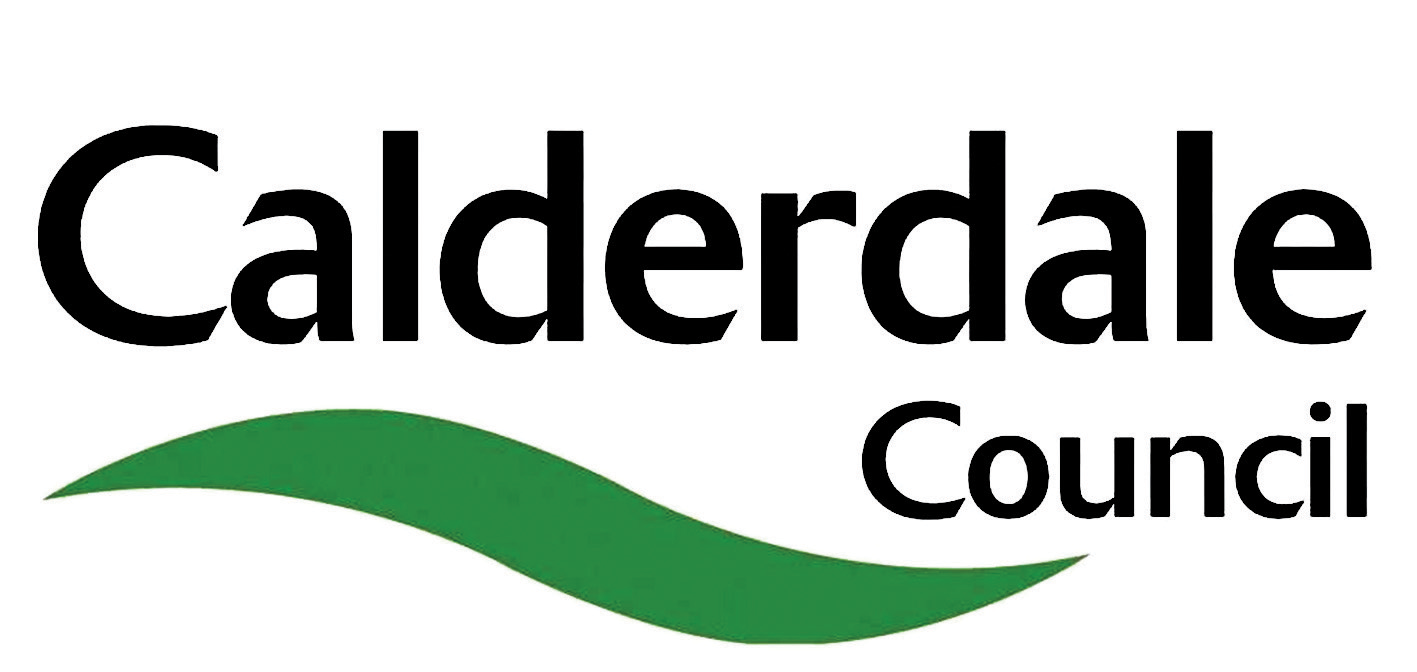Most illnesses get better by themselves and make your child stronger and able to resist similar illnesses in the future.
The Minor Ailments Scheme may be useful if your child has a minor illness, skin condition or injury e.g. head lice. The scheme can be accessed at many pharmacies. See if your local pharmacy offers the scheme.
Paracetamol and ibuprofen are often used to relieve the discomfort caused by a high temperature (make sure you’ve got the correct dosage for the age of your child). Some children, for example those with asthma or chickenpox, may not be able to take ibuprofen, so check with your pharmacist, GP or health visitor.
Don’t give paracetamol to a baby under six weeks unless prescribed by a doctor. Don't give aspirin to children under 16, and if you're breastfeeding, ask your health visitor, midwife or GP for advice before taking aspirin yourself.
Children don’t often need antibiotics. Most childhood infections are caused by viruses. Antibiotics are medicines which kill bacteria. They work only against bacteria, not the viruses that cause the majority of sore throats, colds, sinus infections and bronchitis. For bacterial infections however, antibiotics work quickly and symptoms usually improve within 24-48 hours. Often children can feel completely better shortly after beginning the antibiotic course. To beat the bacterial infection, it is important that your child finishes the entire course as prescribed, even if your child seems better.


